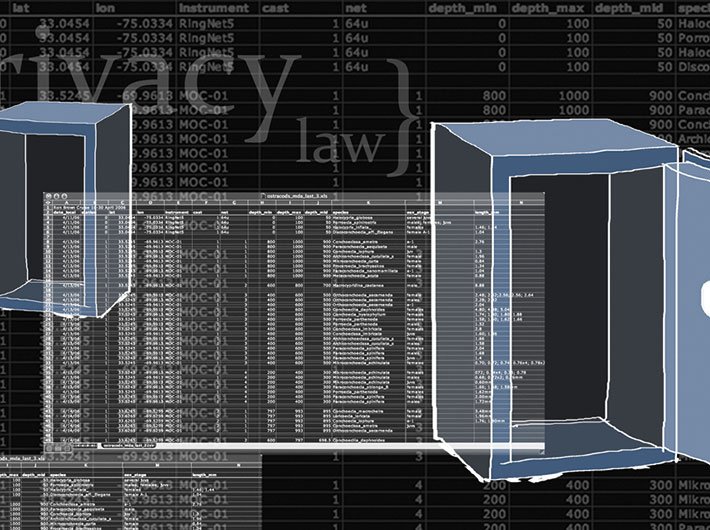The year is 2017 and a nine-judge bench of the supreme court of India has unanimously upheld the fundamental right to privacy. In its 547-page judgment, the court recognises privacy as an element of human dignity, intrinsic to the constitutional guarantees of freedom, liberty and equal protection of laws.
This ruling comes at the heels of a controversial debate. Privacy has often been portrayed as a western construct imported to India by the elite. In this case, the government contended that the right to life of millions of poor Indians was of much greater importance than privacy concerns raised by the elite minority. It was also contended that privacy claims are made only by those who have done something wrong, channeling the ‘nothing to hide, nothing to fear’ trope.
This is closely connected to another popular claim: India is not a private nation, and Indians don’t care about their right to privacy, most formally articulated in 2010, when an Indian government approach paper for legislation on privacy stated, “India is not a particularly private nation. Personal information is often shared freely and without thinking twice. Public life is organized without much thought to safeguarding personal data. In fact, the public dissemination of personal information has over time, become a way of demonstrating the transparent functioning of the government.”
This historic judgment considers and ultimately rejects these lines of reasoning, debunking widely held notions of privacy in India. The argument of privacy being an elitist construct was found to be ‘unsustainable’ as every individual in society, irrespective of birth, is entitled to the autonomy and intimacy which privacy protects. Importantly, the court points out that arguments undermining civil and political rights for the poor are often used to carry out human rights violations under the pretense of a more urgent focus on economic well-being. Privacy represents one of the core freedoms of human existence, and the court acknowledges the various forms in which individuals have a legitimate expectation of privacy, in terms of communication, information, body, location and decisions.
Research from the Centre for Internet and Society (cited in the judgment) disproves the claim of India not being a ‘particularly private nation’ by demonstrating that aspects of privacy are in fact a traditional, Indian construct with firm grounding in Hindu and Islamic Law. According to the teachings of Shariah, for instance, every aspect of life is deemed to be private unless shown otherwise. Islamic law provides for privacy vis-a-vis one’s body, communication, information and territory. Similarly, the Manusmriti and Arthashastra under Hindu law recognise aspects of bodily, territorial, and informational privacy. In light of these findings, the court’s reasoning is particularly significant as it accounts for India’s cultural approaches to privacy and harmonizes them with the constitutional right.
This recognition of privacy as a fundamental, inalienable right has significant implications for a number of issues pending before the supreme court, including most prominently the proceedings concerning Aadhaar and the decriminalisation of homosexuality. The judgment also recognises the right to privacy having both vertical and horizontal application, i.e., the right to privacy vis-a-vis state and non-state actors, which is particularly significant in the age of big data. While the task ahead is arguably more important than this single judgment, to quote justice Sanjay Kishan Kaul: There is hope!
Marda is programme officer at the Centre for Internet and Society; Policy Advisor and Internet of Rights Fellow at Article19. Views expressed here are personal.
